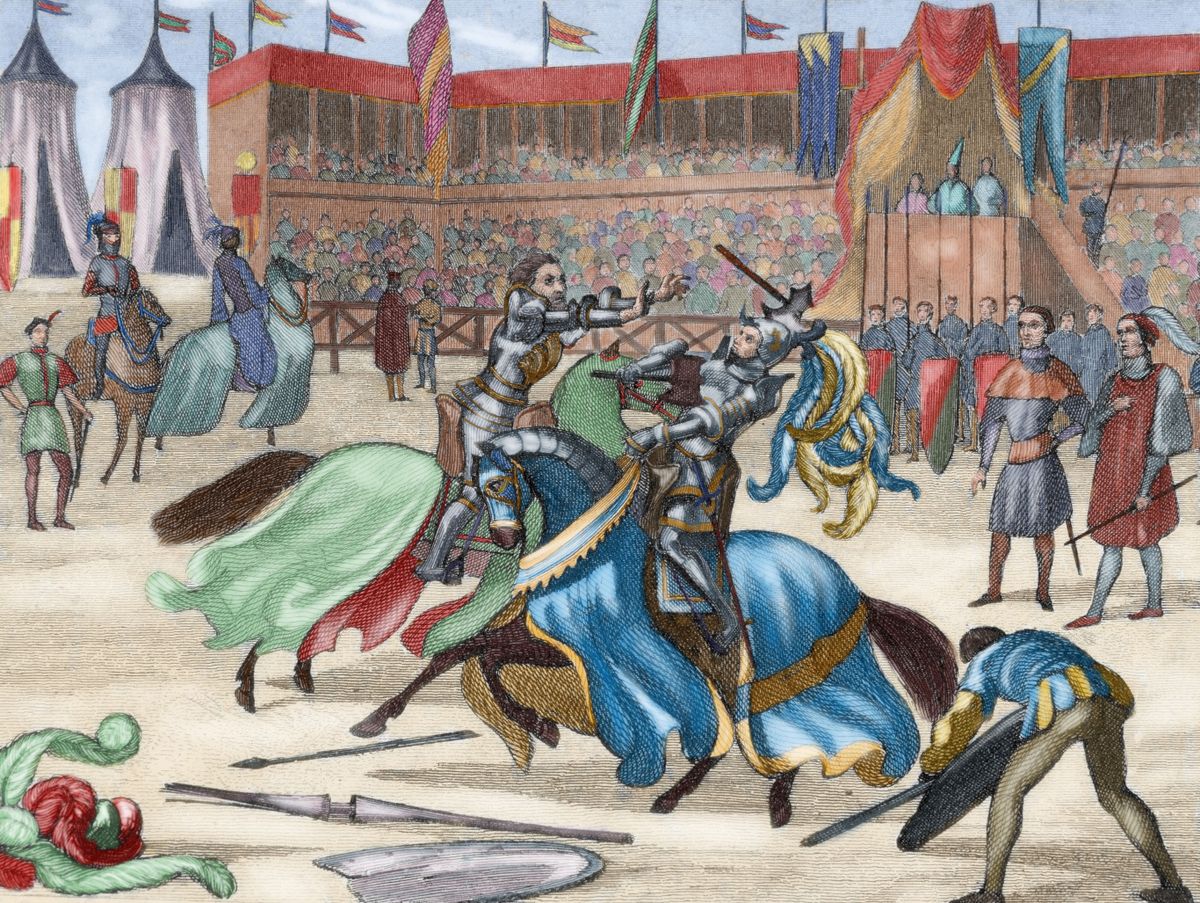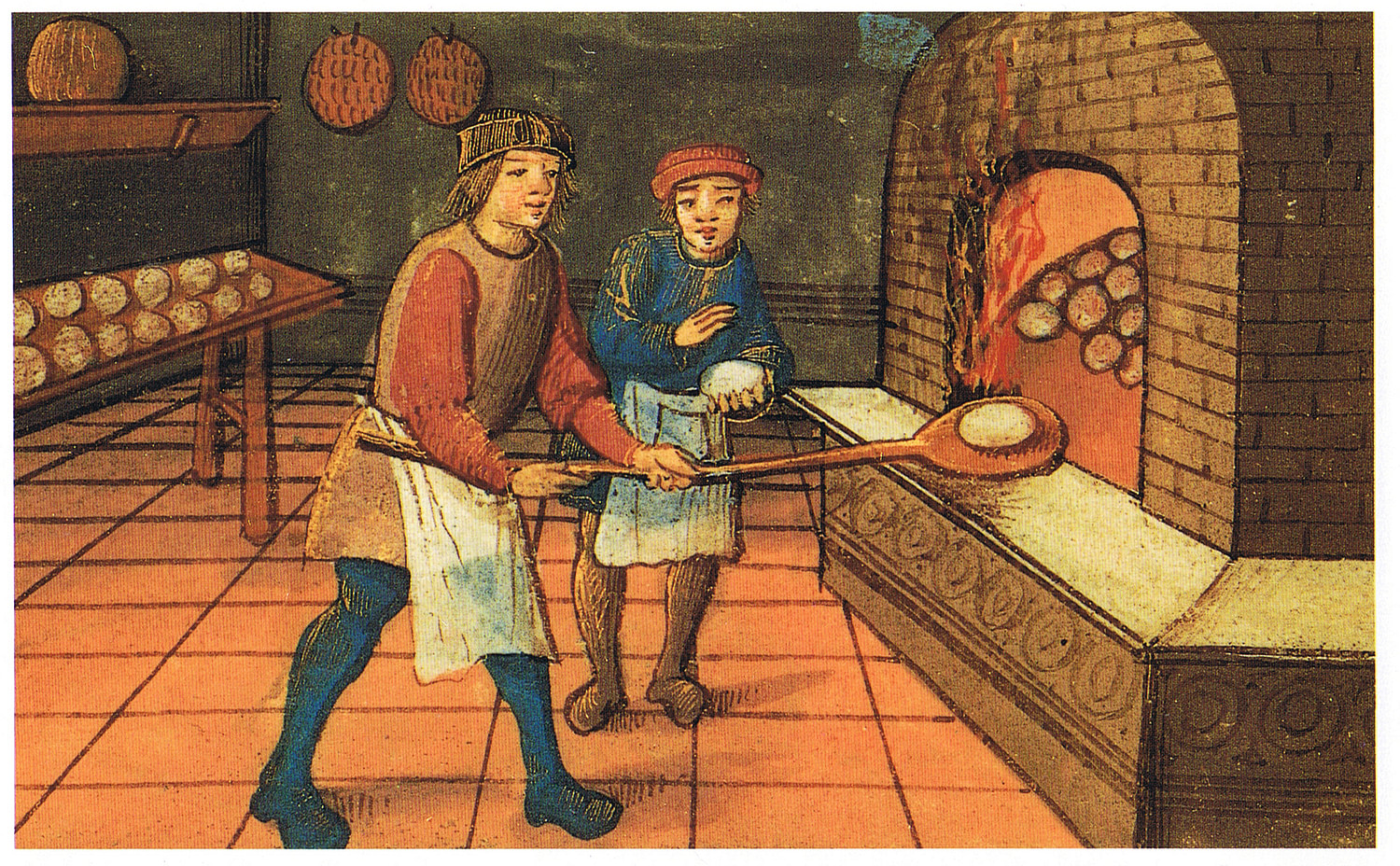Brepols - 'Otherness' in the Middle Ages
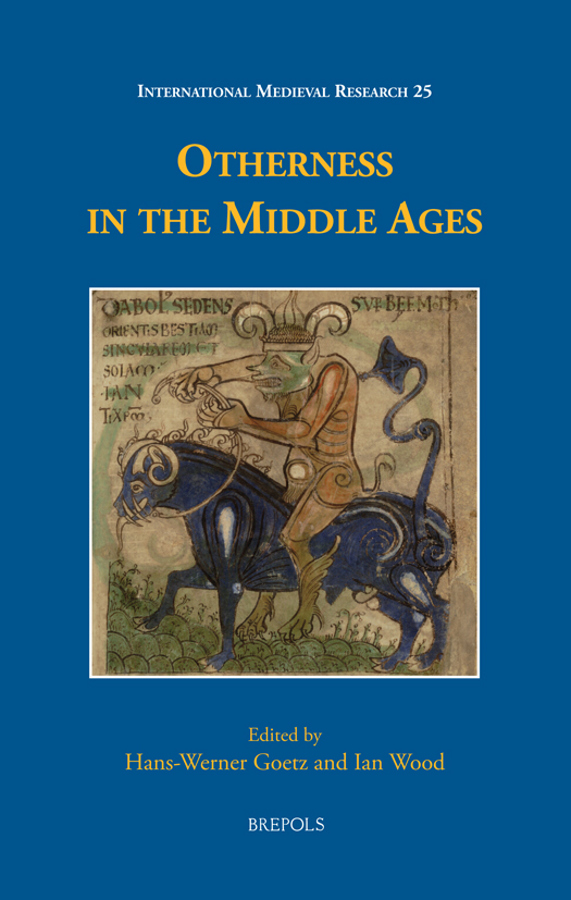
Although ‘Otherness’ is an extremely common phenomenon in every society, related research is still at its beginnings. ‘Otherness’ in the Middle Ages is a versatile and complex theme that covers a great number of different aspects, facets, and approaches: from non-human monsters and cultural strangers from remote places up to foreigners from another country or another town; it can refer to ethnic, cultural, political, social, sexual, or religious ‘Otherness’, inside or outside one’s own community. In any case, however, ‘Otherness’ is a subjective phenomenon depending on personal views and ascriptions, an issue of ‘imagination’ and experience rather than ‘reality’. There is neither one single model of alterity nor is ‘Otherness’ a stable phenomenon, but it changes over time and according to the cultural context. All this calls for methodological reflection and needs thorough investigation. The methodological introduction and the 18 contributions of this volume demonstrate the great diversity of the theme and its different manifestations and perspectives. They tackle the problem from distinct angles and disciplines (history, art history, archaeology, literary history, and philology) in a wide chronological and thematic frame, using different methodological approaches, dealing with different areas (from Northern and Southern Europe to Byzantium and India), perspectives (including law, social order, the past, a sea), and diverse kinds of sources. They examine all kinds of ‘Otherness’ mentioned above, highlight demarcation and rejection, aversion or acceptance, assimilation and integration, thus relativizing a strict dichotomy between ‘the Self’ and ‘the Other’ or between inside and outside. This volume is so far the most comprehensive attempt to tackle the huge problem of ‘Otherness’ in the Middle Ages.

History of Disease, Disability & Medicine in Medieval Europe – Histoire du handicap dans l'Europe médiévale
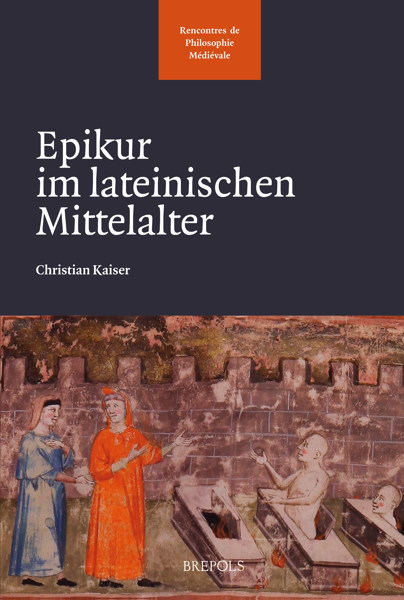
Brepols - Tolerance and Concepts of Otherness in Medieval Philosophy
Kings, aristocrats, peasants, and the Church are among the shared features of most early medieval societies. However, these also varied dramatically
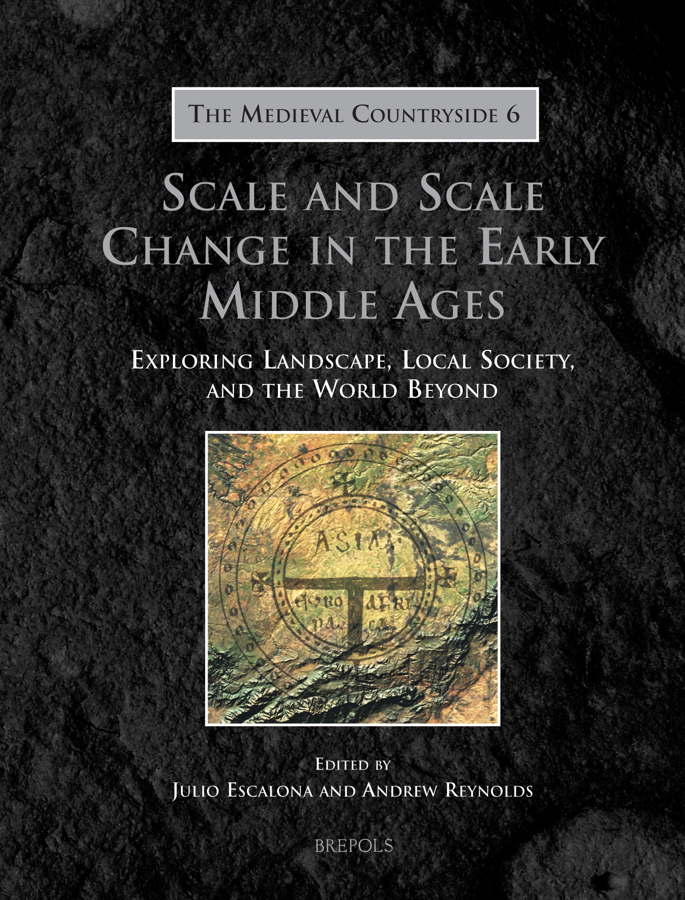
Scale and Scale Change in the Early Middle Ages

Calendar — International Center of Medieval Art

Prof. Dr. Andrew James Johnston

MEDIEVAL STUDIES - Issuu

PDF) Argumentative Uses of 'Otherness' and 'Foreignness' in Pre-Modern Political Debates in Central Europe

PDF) Animals and Otherness in the Middle Ages: An Overview from

Catalogue New & Forthcoming Titles - Spring / Summer 2022 by Brepols - Issuu

New & Forthcoming Titles - Autumn & Winter 2022-23 by Brepols - Issuu

Catalogue Art History : New & Forthcoming Titles (Autumn-Winter 2022) by Brepols - Issuu

MEDIEVAL STUDIES - Issuu

Maps – Medieval Art Research








